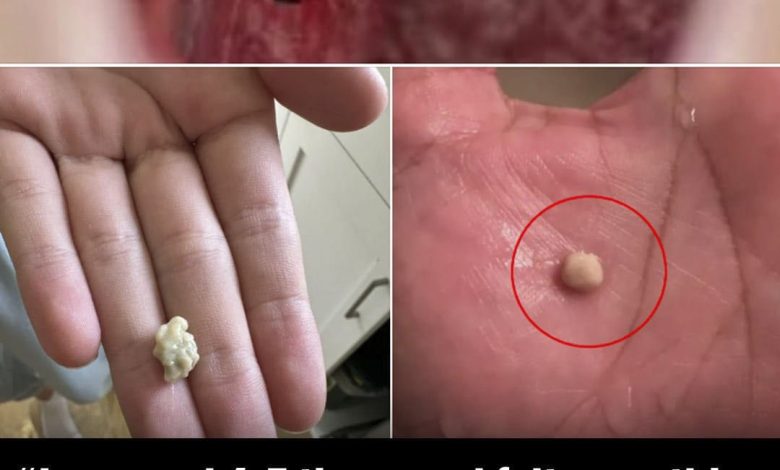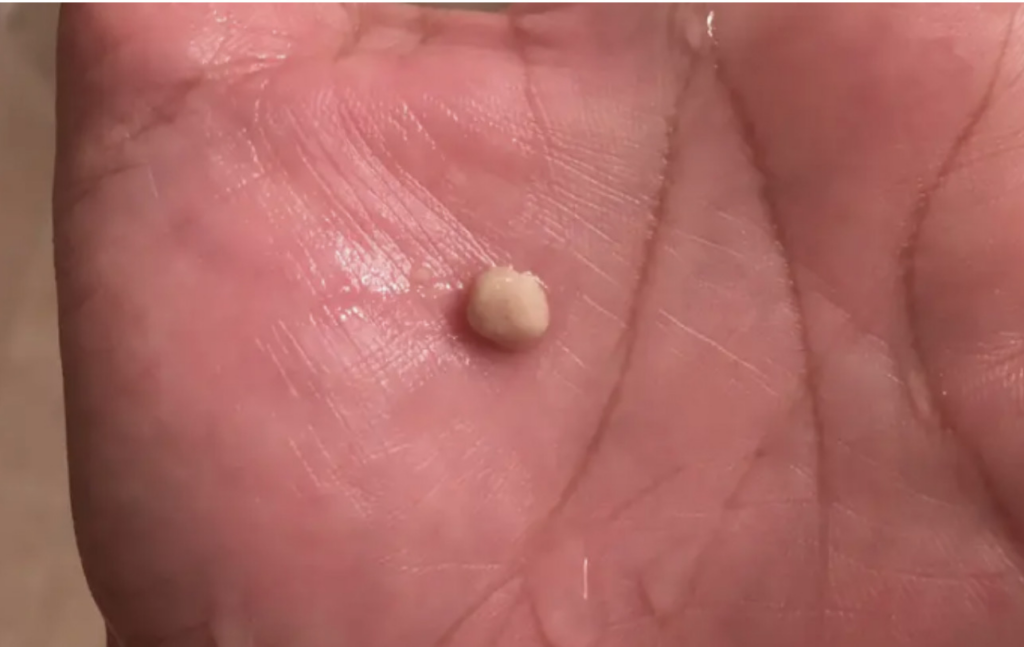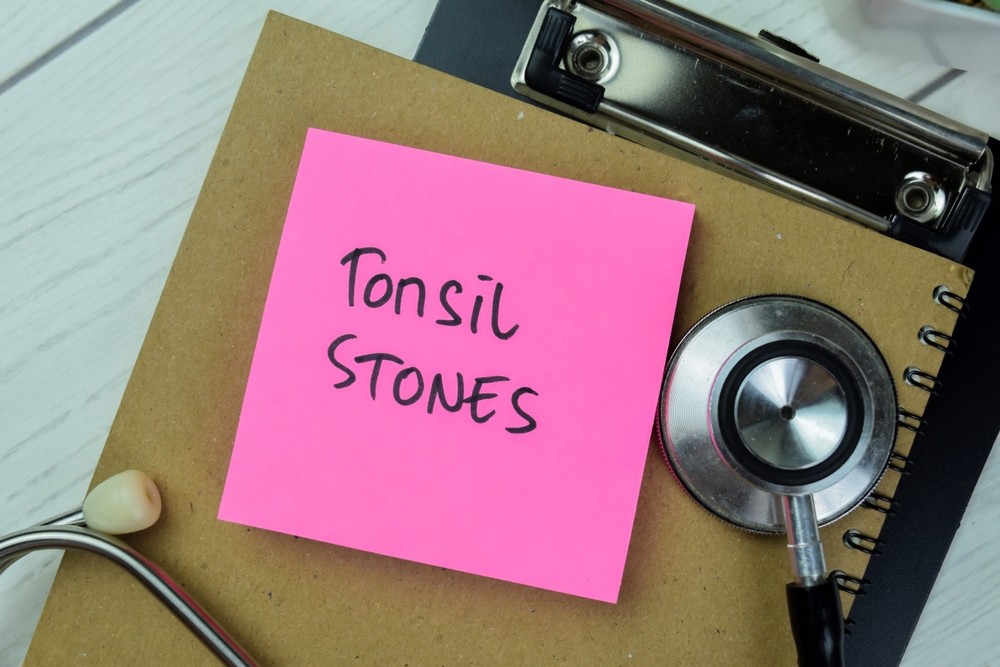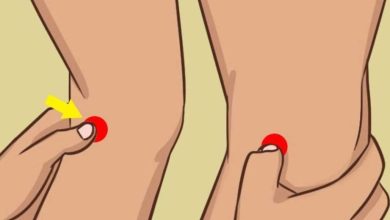
What You Need to Know About Tonsil Stones

Tonsil stones are not difficult to diagnose. Diagnosing tonsil stones usually involves a physical examination of your throat and a review of your medical history. Your healthcare provider may also recommend additional tests, such as imaging studies or a throat culture, to rule out other conditions and confirm the presence of tonsil stones.
Treatment Options

While it may not be possible to completely prevent the development of tonsil stones, these preventive measures can help minimize their occurrence:
- Maintain good oral hygiene: Regular brushing, flossing, and using mouthwash can help control the bacteria in your mouth.
- Stay hydrated: Drinking water throughout the day can help prevent dry mouth, which can contribute to tonsil stone formation.
- Avoid tobacco and alcohol: Smoking and excessive alcohol consumption can irritate the tonsils and contribute to the development of tonsil stones.
- Regularly visit your dentist: Routine dental check-ups can help detect any early signs of tonsil stone formation and provide appropriate guidance.
Though tonsil stones may be a peculiar and uncomfortable condition, they are generally harmless. If you experience symptoms or persistent bad breath, it is recommended to seek medical advice for a proper diagnosis and appropriate treatment options. Remember to follow good oral hygiene practices and take preventive measures to minimize the recurrence of tonsil stones.







